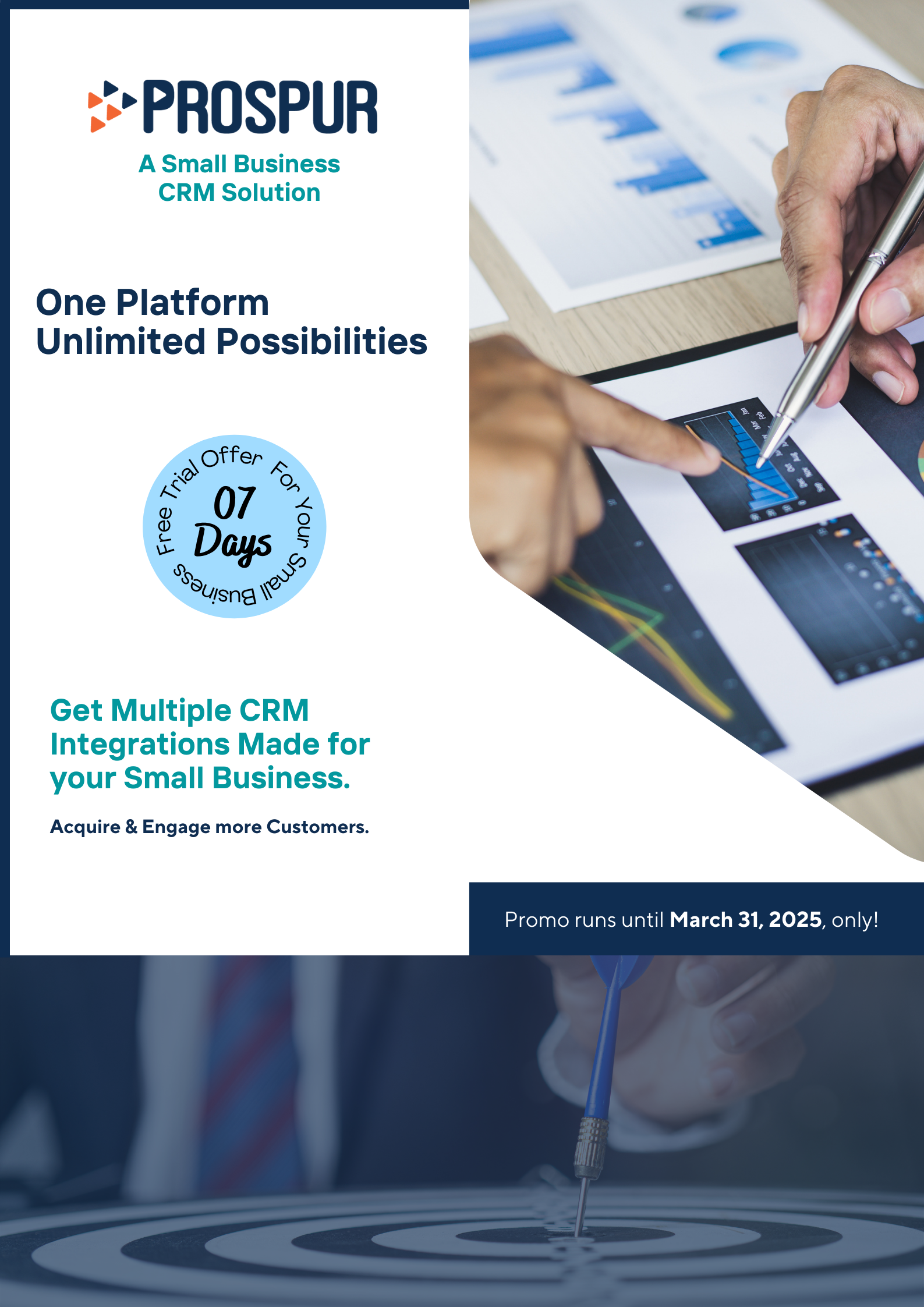5 Essential Tools Your Startup Needs Right Now!
Editorial StaffJune 8, 2022

Having an idea, a plan, and starting a business is easy. However, sustaining and growing it is a challenge that many entrepreneurs struggle with.
Due to the lack of guidance and correct information at the right time, entrepreneurs make costly mistakes that lead to loss of revenue opportunities, lack of operational funds, and inefficient processes.
A startup business owner needs much more than a great product or service. They need efficient inventory, accounting, and invoicing systems that ensure no leakage of leads or funds.
Rapidly growing businesses need to keep track of their clients. Excel sheets are simply not sufficient for this. SMBs need the best tools for small businesses, such as a CRM system for marketing, sales, and social media management.
It may seem like an additional investment. But a little investment in these small business tools will save you from long-term losses and will help you outgrow your competition.
5 Essential Tools Your Startup Needs Right Now:
Being an entrepreneur requires discipline, which will reflect in your business. As the workload starts piling up, it is crucial to maintain efficiency and productivity to transform your business from an idea to an entity. Here are a few checkpoints to consider.
#1. Automated Accounting System
An accounting system should be simple such that you don’t need to have a degree to understand the data. Most startups struggle with accounting because the systems are too complex for the management to interpret.
With a simple cloud-based CRM system, small and medium businesses can automate their accounting and record-keeping. It is best to go for a subscription-based system because that is easy on the pocket.
#2. Integrated Invoicing Tool
While most business owners are busy chasing new clients, they forget the invoicing and billing. This could result in your clients getting incorrect invoices, missed payments, and even lengthy reconciliation at the time of tax filing.
Small and medium businesses need an invoicing system that integrates with the delivery and accounting systems. You should be able to capture even small deliveries and partial payments with dates and send automated confirmations to the client.
#3. Comprehensive Insurance Policy
If you have expensive machinery, computer systems, or an office, you should consider investing a little bit in insurance. While this may seem an unwanted expense, it could save you on a rainy day if/when your fixed assets impair.
A comprehensive insurance policy helps you in business continuity. You can also opt for individual insurance policies for each asset according to their value and risk exposure.
#4. Dependable Savings Plan
Entrepreneurs may tend to spend most of their profits while expanding their capabilities, systems, and tools. However, it is crucial to keep liquid cash invested where it grows. Some companies put it in fixed deposits, whereas others choose liquid funds that rely on the equity markets.
Your investment portfolio should be stable, secure, and give you the capability to liquidate without any lock-in period. The COVID-19 pandemic was perhaps the best experience to learn from, where earnings plunged while fixed expenses remained the same.
Businesses that don’t have any liquid cash would either lose valuable human resources or shut down in such a case.
#5. Access to Short-Term Loans
Sometimes, businesses can face situations where emergency funds dry up, or invoice payments are delayed, and they need extra cash to keep running. At this point, you can access short-term loans from banks or non-banking financial corporations.
It is important to keep an excellent credit history and pay back the loans on time. This helps you avail of multiple loans easily as and when required. Any defaults may blacklist your company, and financial institutions may bar you from availing of any loans in the future.
Final Thoughts:
The key to a successful business is to have all the moving parts working together smoothly. While product and service quality comes first, decision-makers need to look at the long-term goal and prepare for any possible emergencies with the best tools for small businesses.
With Prospur, you are always a step ahead in achieving your targets and goals. Don’t take our word for it. Request a FREE, no obligations Demo.

